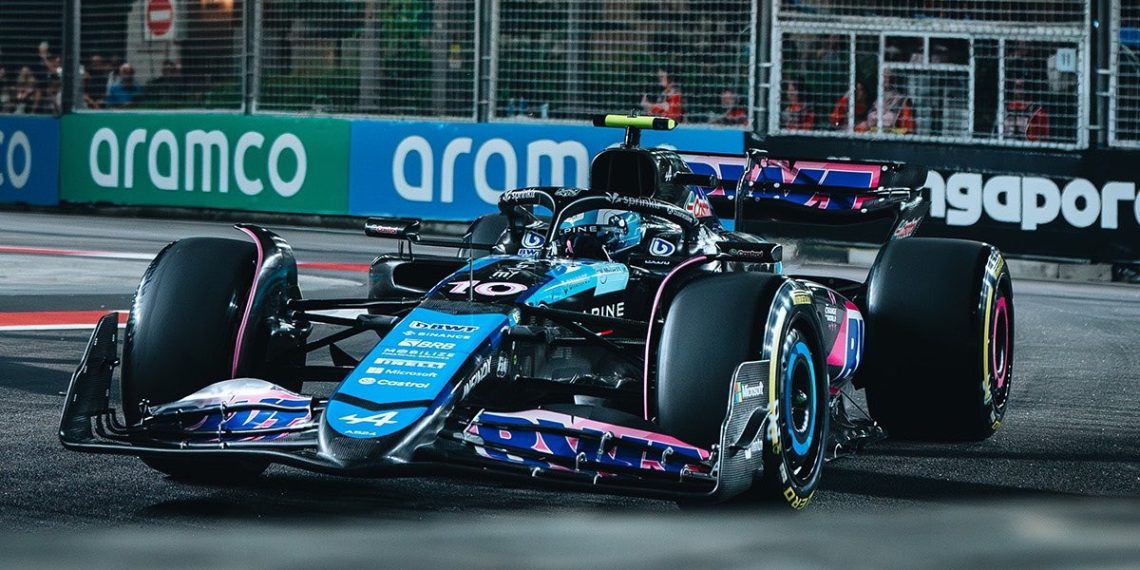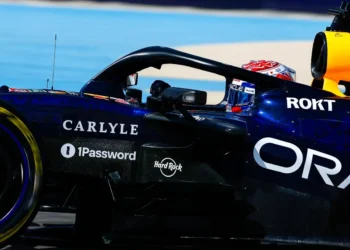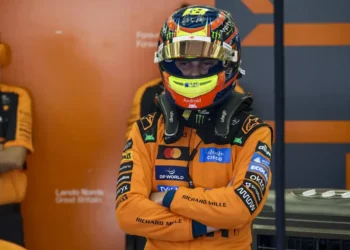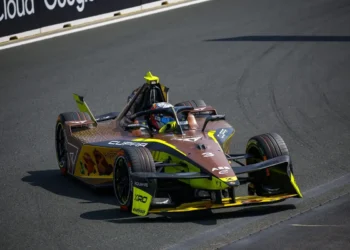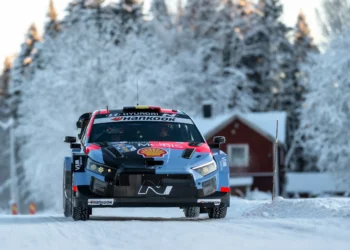Alpine, the Formula 1 team under Renault’s wing, is facing a crucial decision that could shape its future in the sport. Despite a storied history, Alpine has struggled to compete with its engines in recent years, and now, CEO Luca De Meo and key team managers are contemplating a radical move: switching to Mercedes engines to boost performance and drastically cut costs from €125 million to just €20 million annually.
The proposal has sparked a fierce debate within Renault. While some see outsourcing engine supply as a necessary step to keep Alpine competitive, others argue that Renault still has the capability to produce a world-class power unit, especially with new 2026 regulations on the horizon that promise a level playing field.
A tense meeting at Renault’s Viry-Châtillon factory last Friday saw employees and managers clash over the direction of the F1 team’s engine program. Workers under the #ViryOnTrack campaign argued that the team’s issues extend far beyond the power unit, expressing confidence that the 2026 engine developments could position Alpine back at the sharp end of the grid.
Renault’s Social and Economic Committee (CSE), representing Alpine’s engine workers, released a statement expressing gratitude for the opportunity to discuss their future with senior management. However, they also voiced concerns that the decision to abandon in-house engine development would not only threaten their jobs but also risk losing invaluable expertise at a time when France’s automotive industry desperately needs to nurture its talent pool.
“The threat of stopping F1 engine developments in France is still relevant,” the CSE warned. “The risk of losing unique expertise persists at a time when the industry in France needs to support its talents and strengthen its national collaborative network.”
The CSE made it clear that staff would not back down without a fight. “The staff representatives remain mobilised, determined, and attentive to the employees. The preparation of future actions continues, and we will communicate on this subject in the coming days.”
Alpine’s turbulent management in recent years, marred by a revolving door of team principals and advisors, has only compounded its struggles on track. De Meo’s leadership and decisions have come under intense scrutiny, with his vision appearing increasingly detached from the reality of Alpine’s deep-rooted challenges.
Ollie Oakes, the latest in a line of team principals, was appointed by controversial figure Flavio Briatore, who was brought back to steady the ship. But with Briatore’s checkered past and unclear agenda, Alpine’s future looks as uncertain as ever.
The internal battle at Alpine represents more than just a strategic shift; it’s a fight for the soul of a team and the future of France’s engineering prowess in Formula 1. With pressure mounting, Renault’s next move could either solidify its legacy or mark the end of an era for one of the sport’s most iconic engine manufacturers.

